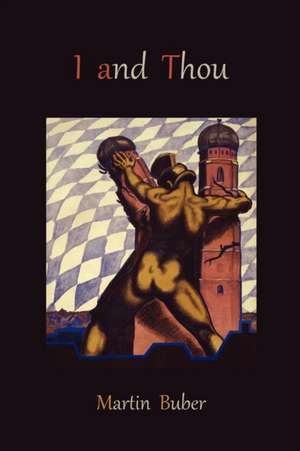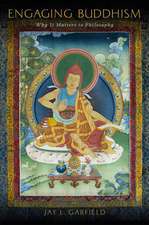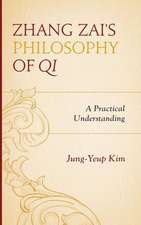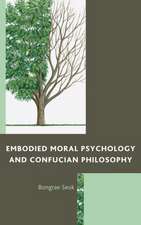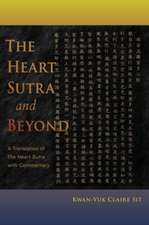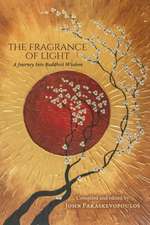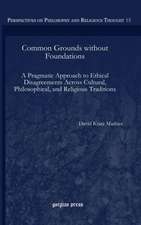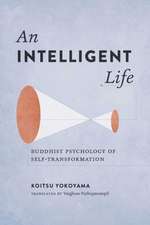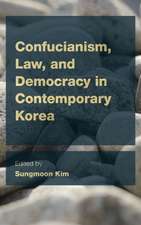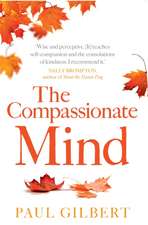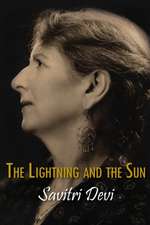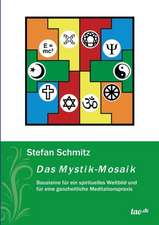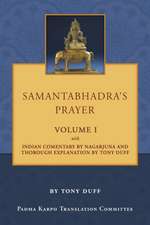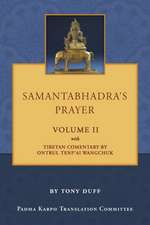I and Thou
Autor Martin Buberen Limba Engleză Paperback – 25 oct 2010
| Toate formatele și edițiile | Preț | Express |
|---|---|---|
| Paperback (2) | 105.11 lei 38-44 zile | +20.81 lei 6-10 zile |
| Bloomsbury Publishing – 23 oct 2013 | 117.99 lei 3-5 săpt. | +20.81 lei 6-10 zile |
| Martino Fine Books – 25 oct 2010 | 105.11 lei 38-44 zile |
Preț: 105.11 lei
Nou
20.11€ • 21.92$ • 16.95£
Carte tipărită la comandă
Livrare economică 19-25 aprilie
Specificații
ISBN-10: 1578989973
Pagini: 134
Dimensiuni: 152 x 229 x 8 mm
Greutate: 0.21 kg
Editura: Martino Fine Books
Caracteristici
Notă biografică
Martin Buber was born in Vienna in 1879. He studied philosophy and art at the universities in Vienna, Zurich and Berlin. In this twenties he was an active Zionist and worked closely with Theodor Herzl and Chaim Weizmann. Martin Buber is also well known for his revival of Hasidism, a mystical movement that swept East European Jewry in the eighteenth and nineteenth centuries. A prolific and influential teacher and writer, he taught philosophy from 1939 to 1951 at Hebrew University in Jerusalem.
Cuprins
Translator's Preface \ Part I \ Part II \ Part III \ Postscript \ Notes.
Recenzii
Descriere
'The publication of Martin Buber's I and Thou was a great event in the religious life of the West.' Reinhold NiebuhrMartin Buber (1897-19) was a prolific and influential teacher and writer, who taught philosophy at the Hebrew University in Jerusalem from 1939 to 1951. Having studied philosophy and art at the universities of Vienna, Zurich and Berlin, he became an active Zionist and was closely involved in the revival of Hasidism.Recognised as a landmark of twentieth century intellectual history, I and Thou is Buber's masterpiece. In this book, his enormous learning and wisdom are distilled into a simple, but compelling vision. It proposes nothing less than a new form of the Deity for today, a new form of human being and of a good life. In so doing, it addresses all religious and social dimensions of the human personality.Translated by Ronald Gregor Smith
